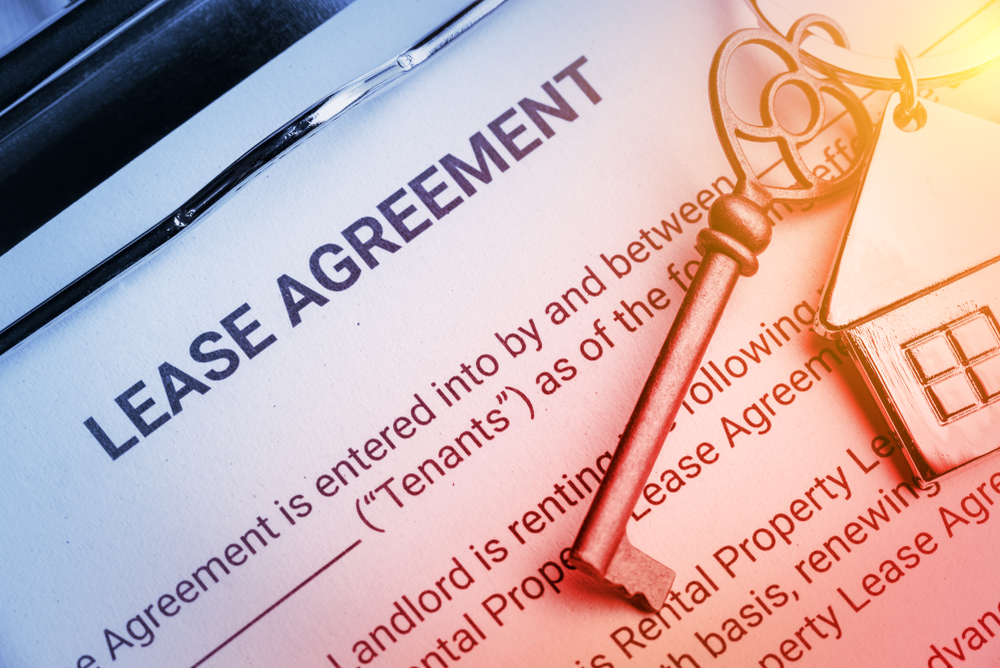
The Ultimate Checklist: Key Inclusions for a Short-Term Rental Agreement
A well-crafted short-term rental agreement is deemed crucial for both hosts and guests as clear expectations are established and their rights are protected. In the thriving industry of short-term rentals, such as vacation rentals or Airbnb accommodations, the presence of a solid rental agreement is considered essential. This article will delve into the key components that should be included in a comprehensive short-term rental agreement, ensuring a smooth and secure rental experience for all parties involved.
Property Details
A clear and detailed description of the rental property should be provided at the beginning of the rental agreement. This includes information about the amenities, features, and any specific rules or regulations associated with the property. Ambiguity should be avoided, ensuring a shared understanding of the property’s attributes and limitations between hosts and guests.
Names of All Parties
The full names and contact information (address, phone number, and email) of both the property owner/manager (lessor) and the guest (lessee) should be included. A formal relationship is established, and effective communication is facilitated throughout the rental period.
Rental Period
The start and end dates of the rental period should be clearly specified. The duration of the stay is established, avoiding any confusion regarding check-in and check-out dates.
Occupant Limits
The maximum number of guests allowed to stay in the rental property should be defined. Compliance with local regulations and property capacity is ensured, maintaining a comfortable and safe environment for everyone.
Fees and Payments
The rental fees, including the total amount due, payment due dates, accepted payment methods, and any applicable security deposit, should be outlined. Transparency regarding additional fees, such as cleaning fees or extra charges for specific services, is important.
Liability Limitations
A clause that clarifies the responsibilities of both parties regarding property damage, personal injury, or theft during the rental period should be included. Protection for the property owner/manager is provided, and guest behavior and care expectations are established.
Host Right of Entry
The circumstances under which the property owner/manager may enter the rental property, such as for maintenance or emergency purposes, should be specified. Notice requirements or restrictions to respect guests’ privacy are clearly stated.
Maintenance
Responsibilities for property maintenance should be outlined, including any obligations for guests to promptly report damages, malfunctions, or maintenance issues. Repair procedures and associated costs are clearly addressed.
Right to Cancel
Provisions for cancellation and reservation modifications should be included, specifying any penalties or refund policies. Clear understanding of rights and obligations in case of changes to the rental agreement is ensured.
House Rules
Specific rules or restrictions related to noise levels, smoking, pets, parties, or other relevant regulations should be detailed. Communication of these expectations helps maintain a harmonious and respectful environment for all parties involved.
Conclusion
The crafting of a comprehensive short-term rental agreement is essential for hosts and guests alike. By clearly outlining the rights, responsibilities, and expectations of both parties, risks are minimized, a positive rental experience is ensured, and the interests of property owners/managers and guests are protected. Each rental agreement should be tailored to the specific property and local regulations, but by including the key elements mentioned in this article, the foundation for a successful and mutually beneficial rental arrangement is laid.

